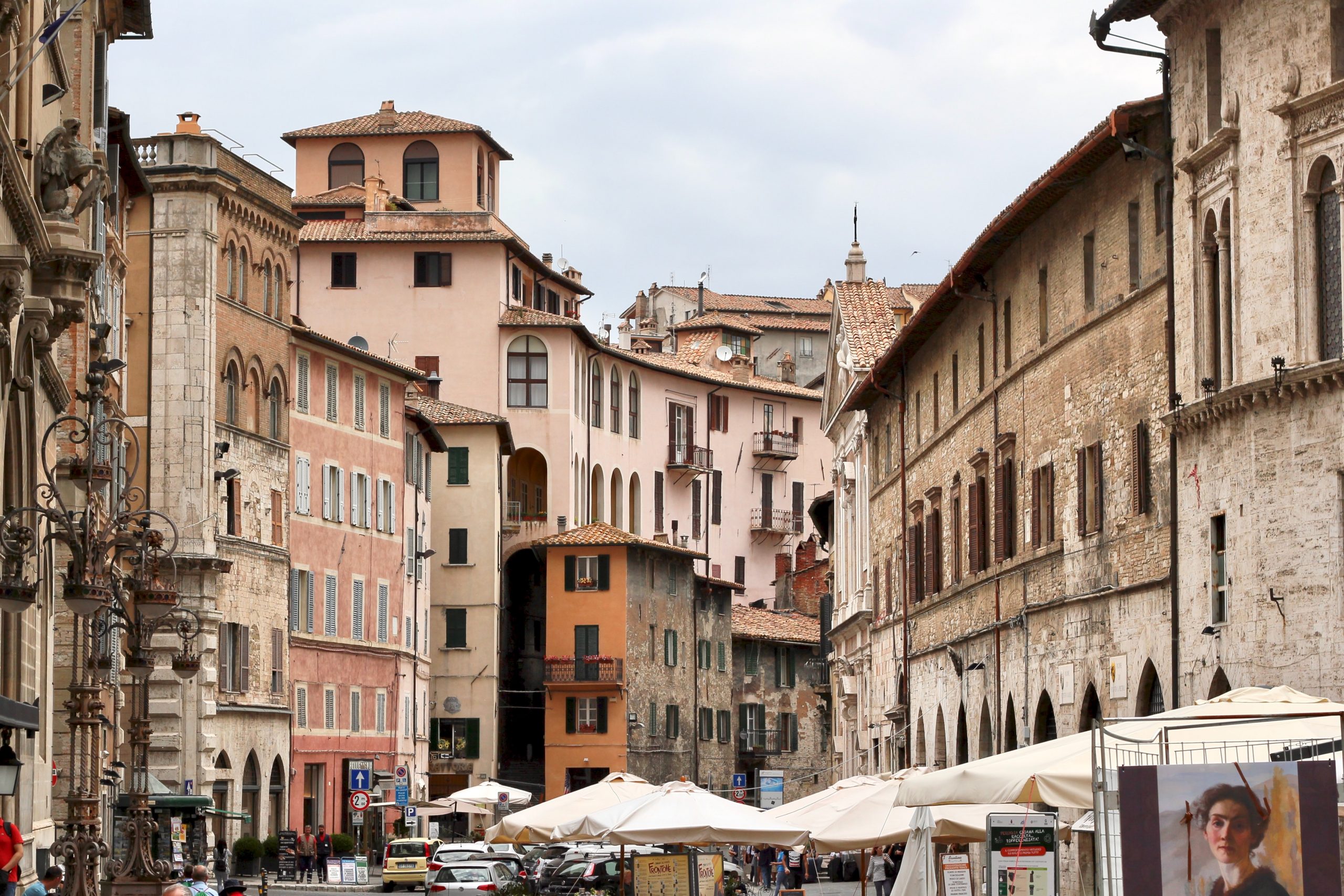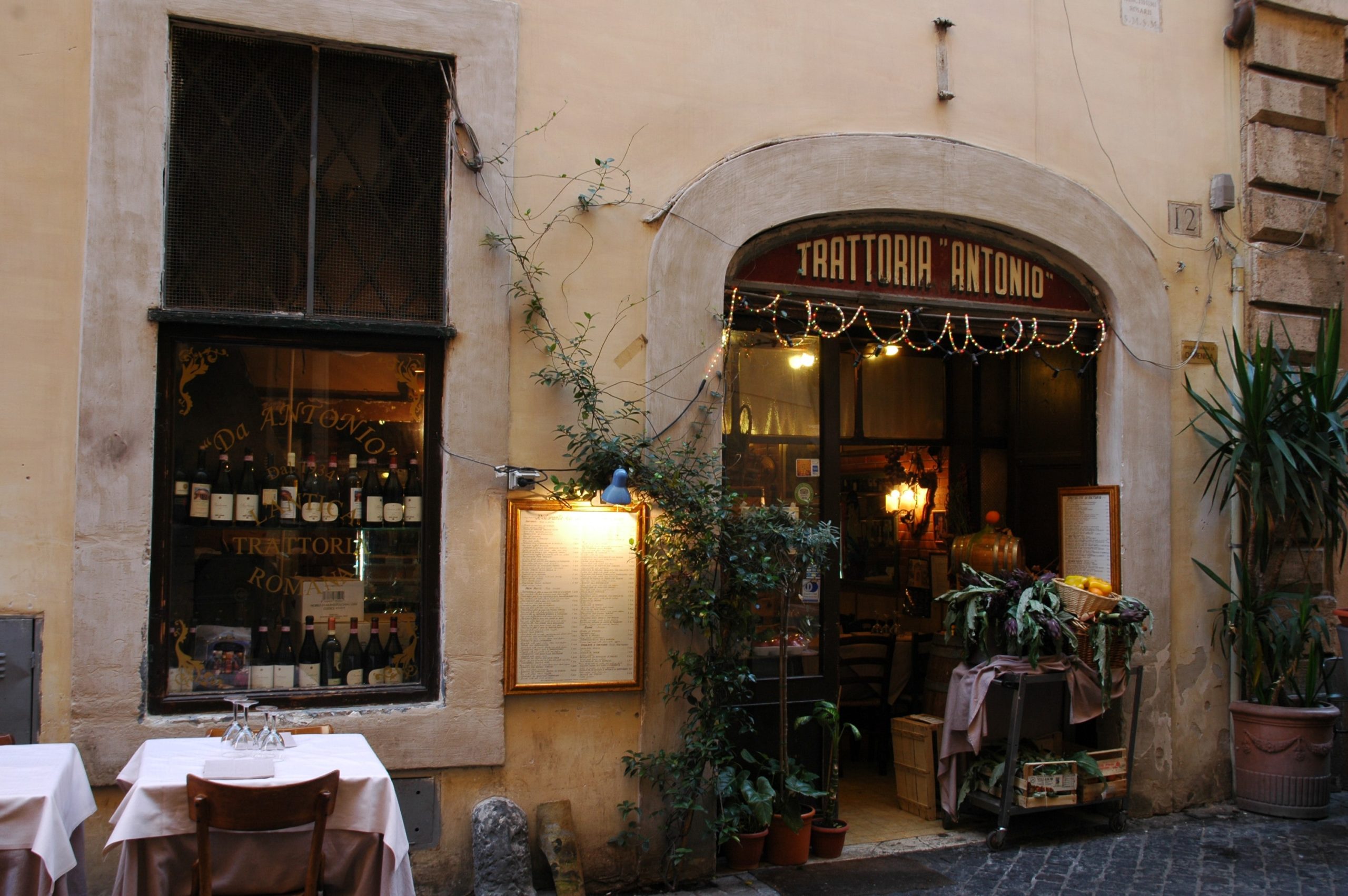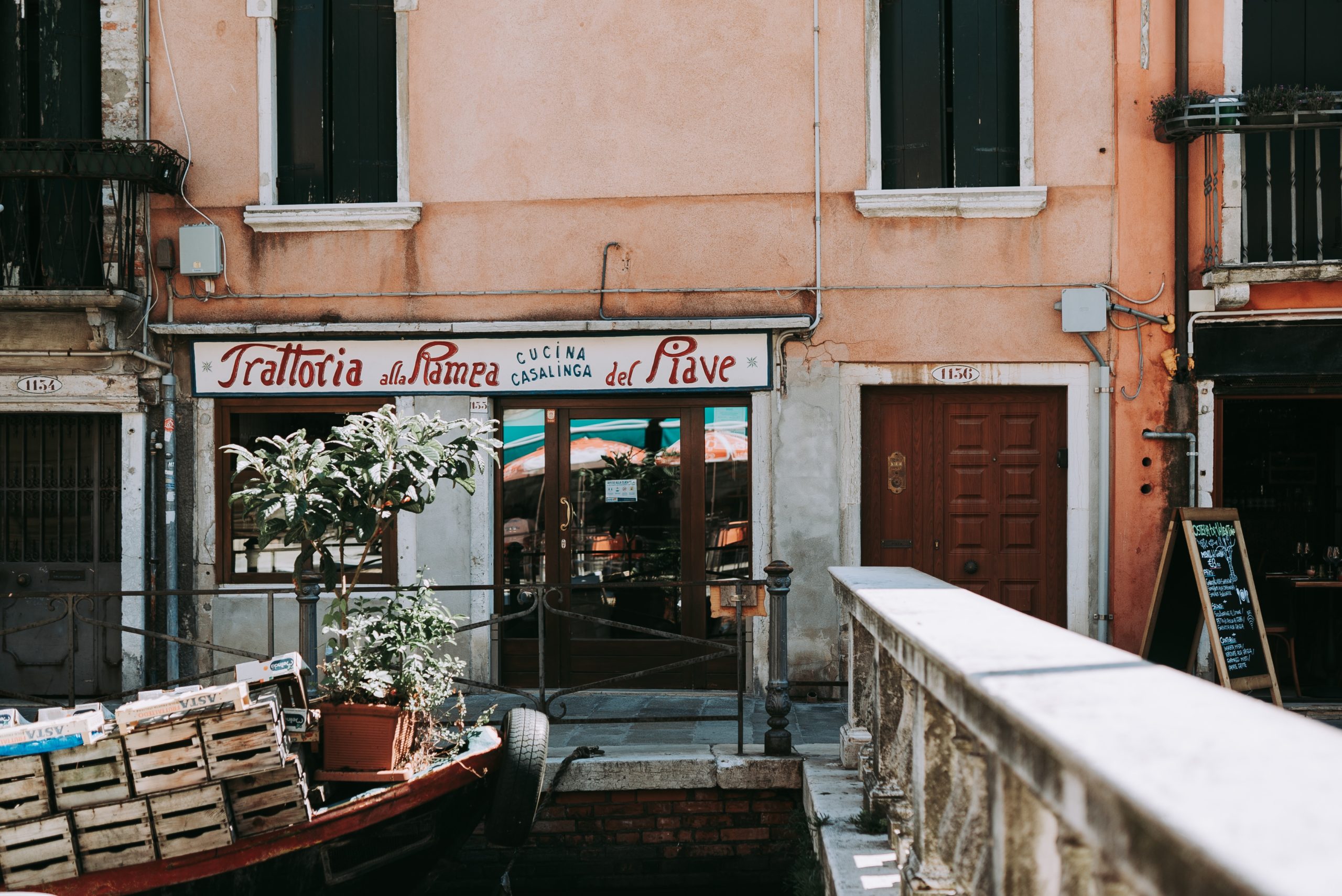Blog
11 Italian Podcasts for Italian Learners
Italian Podcasts for Beginners (A1-A2) 1. Italian Podcast 101 This is a multi-level podcast developed by innovative languages. Italian Podcast101 is particularly suitable for beginners (including complete beginners) and lower-intermediate students. Why? Because each...
The Verb Piacere in Italian: A Simple Guide
How to Conjugate 'Piacere' As you might already know, piacere (and a few other verbs that I will list at the end of this post) doesn't follow a regular conjugation pattern, and it's used differently from its equivalent in English - to like. In fact, the...
Nessuno and Niente (How to say Any, Anyone and Anything in Italian)
Nessuno/Nessuna/Nessun = (not…any) Nessuno can be used both as an indefinite adjective and as a pronoun . As an adjective, nessuno comes before a noun and is the translation of "any" in negative sentences in English. For example: Non ho nessun dubbio - I don’t have...
Italian Citizenship Test. All you need to know.
Due to the amendments to the Italian law in December 2018, it is now compulsory to obtain an Italian B1 language certification for all applicants for Italian citizenship through marriage or residence. Anyone applying for dual citizenship under these terms must prove...
Cils A2 Exam: A Comprehensive Guide to Help You Succeed
There are different levels of language certifications for Italian speakers. One can choose between an beginner (A1), advanced beginner/elementary (A2), lower-intermediate (B1), intermediate (B2), advanced (C1) or a mastery level (C2). The most known certifications for...
Italian Phrases and Words to Use At Restaurant
On this page, you will find a list of sentences that will make your life easier when you're at a restaurant in Italy. Before going through the list, you might also want to know that it is customary to be seated or make a reservation, especially on weekends. Types of...
11 Best Italian Magazines for Language Learners: Boost Your Fluency
Looking to take your Italian language skills to the next level? Reading Italian magazines is one of the most powerful ways to expand your vocabulary, boost your comprehension, and deepen your cultural understanding—all while enjoying authentic content that native...
Perché, Perciò, Siccome: The Difference
Perché: why / because Unlike in English, perché is used in both a question and an answer in Italian. Perché hai chiamato il taxi? Perché ero in ritardo Why did you call a cab? Because I was late. Perché used to indicate the cause of something...
Lasciare, Partire, Uscire, Andare via – The Difference
In this article I want to shed light on the difference in the usage of four Italian verbs that my students mix up all the time! lasciare - to leave (permanently) partire - to leave for/from uscire - to leave, to go out, to hang out andare via - to leave As...
How to Use ‘Proprio’ in Italian
1. Really, just As ad adverb, proprio, meaning really. Quello studente è proprio bravo! Mi piace proprio il nuovo film di Sorrentino Sometimes proprio means 'just', especially when combined with the adverbs of time (adesso, ora ) or a numeral adjective Ho finito di...










